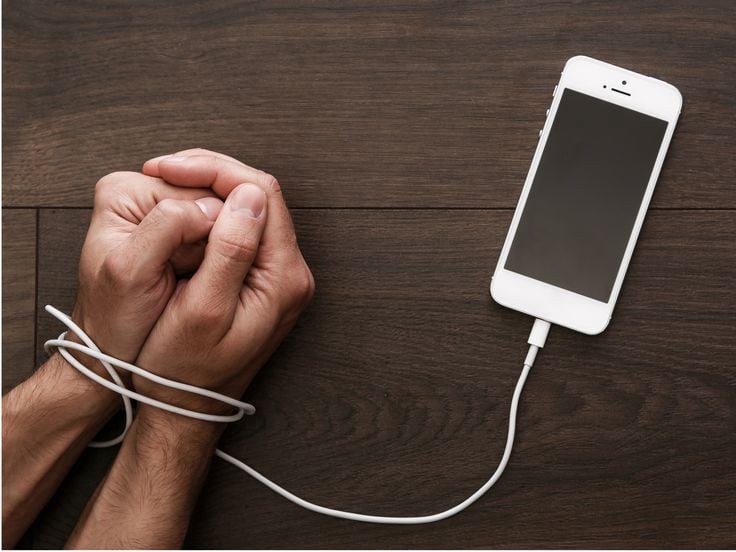Are you titled as anti-social for always being stuck to your smartphones? Take heart for, as a recent study reveals the fact that smartphone addiction could be a hyper-social behavior that stops from the healthy human desire to socialize.
Researchers have come across that apart from the desire to watch and monitor others, the yearning to be seen and monitored by others, acts profound in our evolutionary past. Therefore, the most addictive smartphone functions shared a general theme of tapping into the human longing to connect and socialize with other people.
Humans are social animals and they evolved to be an exceptionally social species and need regular input from others to seek out a guide for culturally suitable behavior in order to pave a path for them to find meaning, goals, and a sense of identity.
Must Read: Europe: Request for the removal of the terrorist content on Social networks within the one hour
In this rgard, Samuel Veissière, Professor at the McGill University in Canada said.
“In post-industrial environments where foods are abundant and readily available, our cravings for fat and sugar sculpted by distant evolutionary pressures can easily go into insatiable overdrive and lead to obesity, diabetes, and heart disease (…) the pro-social needs and rewards (of smartphone use as a means to connect) can similarly be hijacked to produce a manic theatre of hyper-social monitoring”.
Must Read: That’s how social media is being used by criminals
There is no deny to the fact that smartphones connect a normal and healthy need for sociality, but rate and level of hyper-connectivity pushes the brain’s reward system to run on overdrive, which can certainly direct to harmful addictions, the researchers warned in a paper which is published in the journal Frontiers in Psychology.
Must Read: How To avail social media opportunities to become a multimillionaire
Another interesting thing that can be done in order to regain control over smartphone addiction is turning off push notifications and setting up appropriate times to check your phone.
On the other hand, workplace policies “that prohibit evening and weekend emails” may offer good results, the researchers said. In this study, the team evaluated current literature on dysfunctional use of smart technology via an evolutionary lens.




